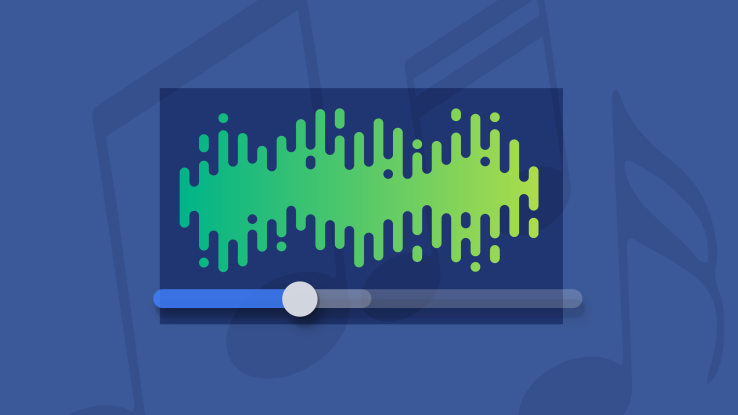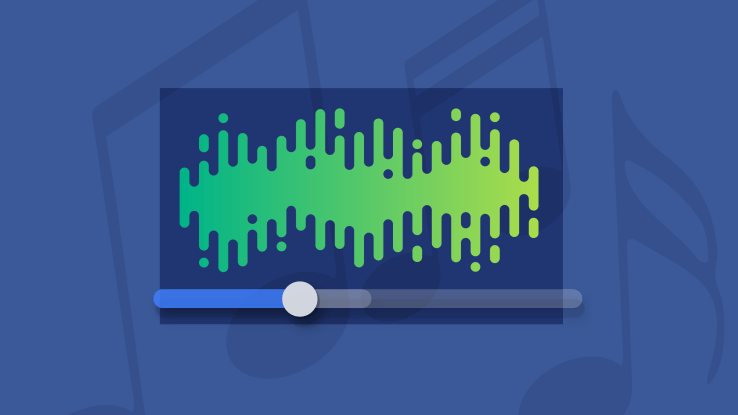

Facebook today announced a first-of-its-kind licensing deal with Universal Music Group that will allow users across its properties – including Facebook, Instagram and Oculus – to use Universal Music in the videos they upload and share. The deal will also allow Facebook to introduce new “music-based products” across platforms, also including Messenger, the companies said.
Deal terms were not disclosed, but the partnership represents the first time a major music company has licensed its catalog for videos and other social features across Facebook.
It means that Facebook will be working with Universal Music Group to ensure that artists’ work is protected and compensated on Facebook and its platforms. This will be done in a variety of ways, we understand, including by Facebook obtaining rights to launch experimental social music features over time.
“There is a magnetic relationship between music and community building. We are excited to bring that to life on Facebook, Instagram, Oculus and Messenger in partnership with UMG. Music lovers, artists and writers will all be right at home as we open up creativity, connection and innovation through music and video,” said Tamara Hrivnak, Head of Music Business Development and Partnerships at Facebook, in a statement.
“Together, Facebook and UMG are creating a dynamic new model for collaboration between music companies and social platforms to advance the interests of recording artists and songwriters while enhancing the social experience of music for their fans,” added Michael Nash, Executive Vice President of Digital Strategy, Universal Music Group. “This partnership is an important first step demonstrating that innovation and fair compensation for music creators are mutually reinforcing – they thrive together. We look forward to Facebook becoming a significant contributor to a healthy ecosystem for music that will benefit artists, fans and all those who invest in bringing great music to the world.”
The companies aren’t detailing what sort of “music-based” products they may have in the works as a result of this deal, but the move seems largely focused on helping artists better connect with fans – in particular by allowing fans to use their favorite music in their own videos, or by sharing their favorite songs. It will also give artists the option to connect and build their community with music in other ways.
It’s easy to imagine how this deal could help Facebook further its video efforts, where it increased its focus this year with the debut of Facebook Watch – a dedicated portal for video.
The partnership could also help Facebook challenge other tech companies that operate in the combined music/social space. This includes Spotify, which this year rolled out a new set of tools to help them manage their presence on the streaming service, track their releases, and connect with fans; as well as Musical.ly, which sold to Chinese social media giant Bytedance this year for >$800 million, and has a sizable and growing audience of young fans who create their own lip-sync music videos.
The deal would also allow Facebook to fill out its newly launched “Sound Collection,” aimed at creators, with well-known songs.
Universal Music Group already works with other companies, like Spotify and YouTube, so it’s not unprecedented for it to work with a social property. (Variety has the internal memo from UMG about the deal, but it doesn’t include more specifics than the press release – it’s mostly just cheerleading the partnership.)
Facebook declined to share more information on its plans for new social features, when asked.
The company may have plans to do similar partnership deals in the future, given its new ambitions. Those will likely be easier to obtain if it can prove out that it was able to boost music sales, merchandise or concert tickets by promoting Universal Music Group’s library.

